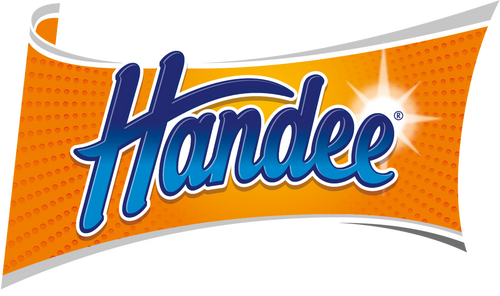Essity invests $20 million to decarbonise Kawerau paper production
In a world first, by the end of 2024 some of the most popular hygiene paper products used every day by Kiwis, will be produced on a Kawerau paper machine using renewable geothermal steam.
Essity’s Kawerau mill is the only paper manufacturer and converter of toilet tissue and paper towels in New Zealand. Consumer products made at Kawerau include Sorbent and Purex toilet tissue, and Handee paper towels. The site also produces Tork paper tissue products, a staple in hospitals, schools, hotels, and workplaces throughout the country. Each year, around 55,000 tonnes of paper products roll out of the mill.
Like many industries, paper making is energy intensive. But the Kawerau mill has found an alternative to natural gas, replacing the last natural gas component on the paper machine with a new drum dryer that will use geothermal steam for heat and drying.
The Kawerau mill has been on a programme of continuous improvement to reduce its emissions for over a decade. With this transition to geothermal steam, the total carbon footprint for Essity’s Kawerau site will be about 66% lower in 2025 than it was in 2009. The emissions reduction delivered by this shift to geothermal steam will be equivalent to removing over 2,200 cars from the road.
Investing in renewable energy sources is an important part of Essity’s ongoing commitment to sustainability and 2030 science-based carbon reduction targets.
The rebuild at Kawerau by Essity, a global hygiene and health company, will mean consumers can access sustainably sourced and locally manufactured paper products that are low carbon.
Essity Australasia Senior Manager Sustainability, Jake Hatton says the geothermal project at Kawerau will improve the paper machine efficiency, product range capability and, importantly, continue the mill’s journey of reducing carbon emissions.
“Consumers are demanding more sustainable products.
“Kawerau is a great place for paper making because of the access to geothermal steam, a renewable energy resource that is sustainably managed by our geothermal steam partner and supplier, Ngāti Tūwharetoa Geothermal,” he says.
The partnership with Ngāti Tūwharetoa is contributing to the socio-economic health of the local community and the supply contract helps fund local marae, housing and education.
The project will further benefit the community as many businesses in the area will be involved in supplying engineering services and scaffolding. Around 80 contracting staff will be involved in the project as well as 25 Essity employees from engineering, operations, safety and management teams.
The decarbonization project is largely funded by Essity alongside industrial co-funding from EECA (Energy Efficiency and Conservation Authority).
EECA Group Manager, Delivery and Partnerships Richard Briggs says EECA has worked closely with Essity for several years, and it's wonderful to see the PM3 dryer hood project reach the installation stage.
“Geothermal steam is a great renewable fuel solution for the Kawerau site, and EECA is pleased to have supported Essity in the switch to clean and clever technology.”
EECA has also supported Essity to reduce energy costs and improve productivity.
